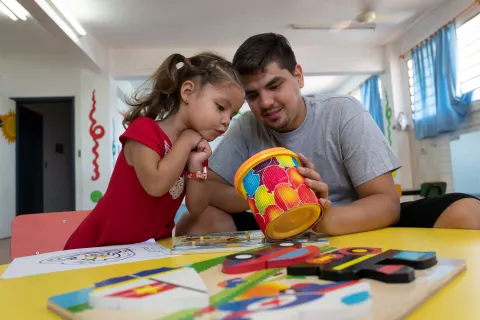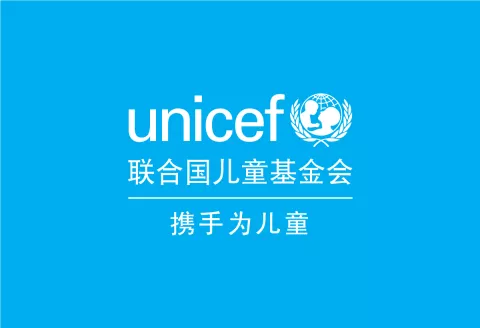COVID-19 pandemic could devastate refugee, migrant and internally displaced populations without urgent international action
Statement by UNICEF Executive Director Henrietta Fore
![On 10 December 2014 outside of La Casa del Migrante, a catholic shelter that supports migrants near the Lechería Train Station, in the municipality of Tultitlan, State of Mexico, Maria [NAME CHANGED], 16 (on right), from Honduras travels north with her younger siblings, expecting to cross the border to the United States to reunite with her family.](/sites/unicef.org.china/files/styles/press_release_feature/public/UNI176266.jpg.webp?itok=lCiARIvZ)
- Available in:
- 中文
- English
NEW YORK, 1 April 2020 – “COVID-19 will almost certainly gain a foothold in refugee camps, crowded reception centers or detention facilities holding migrant families. Given how quickly the virus is spreading, such a scenario is looking imminent.
“Even absent a pandemic, uprooted children and families – those living as refugees, migrants or internally displaced – face immense barriers to accessing healthcare and preventative services like proper handwashing and sanitation facilities. So, when an infectious disease hits, their risk is compounded.
“An outbreak of a respiratory disease like COVID-19 could spread easily through the overcrowded confines and unsafe conditions typical of many camps or settlements. Families in these environments would be more likely to get sick and less capable of fighting off the disease because of inadequate services.
“We are not talking about a small number of people either. Today, there are 31 million children who have been uprooted from their homes, including over 17 million internally displaced, 12.7 million refugees and 1.1 million asylum seekers. All of them need some form of assistance. Most of them do not have the luxury of calling a doctor when sick, of washing their hands whenever they need to, or of practicing physical distancing to stop disease transmission.
“Any public health response to the pandemic should reach the most vulnerable, including refugees, migrants and those who are internally displaced. This means ensuring equitable access to testing and treatment as well as access to prevention information and to water and sanitation services. There should be plans in place for safe, family-based care and support for children separated from their caregivers or whose caregivers die.
“It also means that containment measures, like border closures and movement restrictions, should not block children’s right to seek asylum and reunite with family members. Nor should it hinder aid agencies’ efforts to provide humanitarian aid. Uprooted children and families should be moved quickly out of harm's way to adequate accommodations where they have access to water, soap, physical distancing and safety.
“UNICEF is working with partners to prevent the spread of the disease among refugee, migrant and displaced populations. This includes promoting hygiene practices that help prevent transmission in shelters, camps and other accommodation sites. It includes developing accurate, child friendly information on COVID-19 and materials to fight stigma and promote positive parenting. It also includes distributing hygiene supplies and providing access to water.
“But we cannot do this alone. Now, more than ever, governments and the international community should come together to protect the most vulnerable in these unprecedented times.”
Media contacts
About UNICEF
UNICEF works in some of the world's toughest places, to reach the world's most disadvantaged children. Across 190 countries and territories, we work for every child, everywhere, to build a better world for everyone.
| Visit UNICEF Global website: www.unicef.org Visit UNICEF China website: www.unicef.cn Follow us on Sina Weibo: http://weibo.com/unicefchina Tencent Weibo: http://t.qq.com/unicef Wechat: unicefchina |




